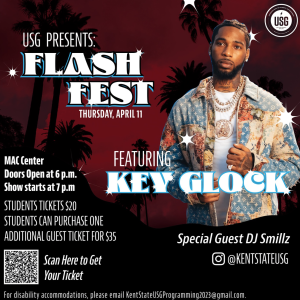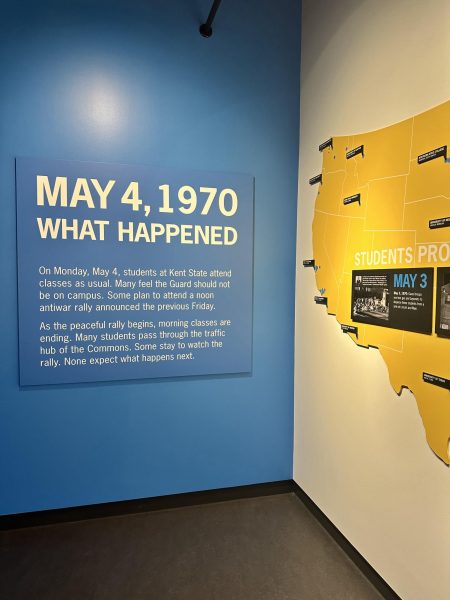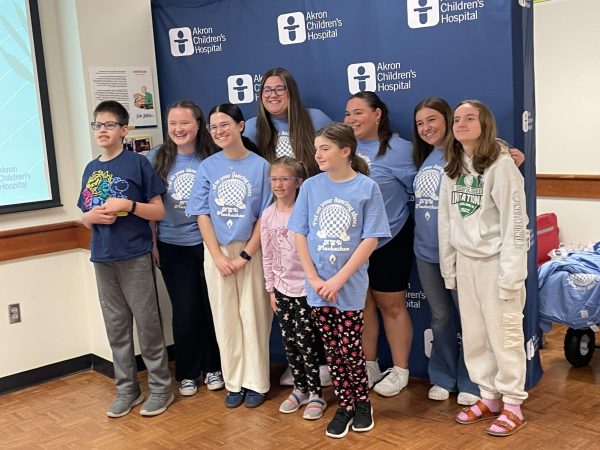Good-bye password, hello FLASHword
June 22, 2005
P-Synch program to implement new, simpler security system
Good news for forgetful students at Kent State: Thanks to the implementation of a new system called P-Synch, all passwords for university-related Web sites will merge into one.
Beginning in August, the P-Synch system (or “password synchronization”) will introduce the FLASHword (or Kent State University password) to all Kent State faculty, staff and students. The FLASHword is designed to serve as the only password required to log into Kent State’s web-based services such as Flashline, Flashmail, WebCT and Web For Students.
Greg Dykes, team leader in administrative computing, said the P-Synch system will also allow students to create a profile question for their FLASHword that will enable only the user to change his or her password when needed.
“It’s kind of like when you go to bank online and switch the password,” Dykes said. “There’s a way you can go and set the password and it asks you questions like, ‘What’s your dog’s name?’”
Dykes added that the FLASHword program will also make things easier for the Help Desk.
“A large, large number of our phone calls are for password resets,” Dykes said. “Even though it’s quick (for the Help Desk) to fix, it’s something the user would be able to fix quickly, too. That way the Help Desk will be able to help with other phone calls, too.”
Junior psychology major Mary Dardio said having the same password for her Flashline and Web For Students accounts will be helpful for a forgetful student like her.
“It’s easier to remember one password,” Dardio said. “I can see it being a security risk, but sometimes you have to sacrifice one or the other.”
Dykes said the system will not necessarily improve passwords’ protection from hackers.
“It doesn’t really protect the system, so to speak,” he said. “It allows the person to delete passwords right out in the open.”
Ben Hodson, a junior integrated life sciences major, also expressed his concern with condensing his Kent State passwords.
“It’s kind of nice having multiple passwords,” Hodson said. “It might be more vulnerable to have one password accessing multiple things.”
Despite some concerns, Dykes said the FLASHword has been well-received so far.
“It’s progressing very well,” he said. “We’re gonna have some tests done over the summer to make sure the bugs are worked out, and we’re all ready to go.”
Contact technology reporter Andrew Hampp at [email protected].
























